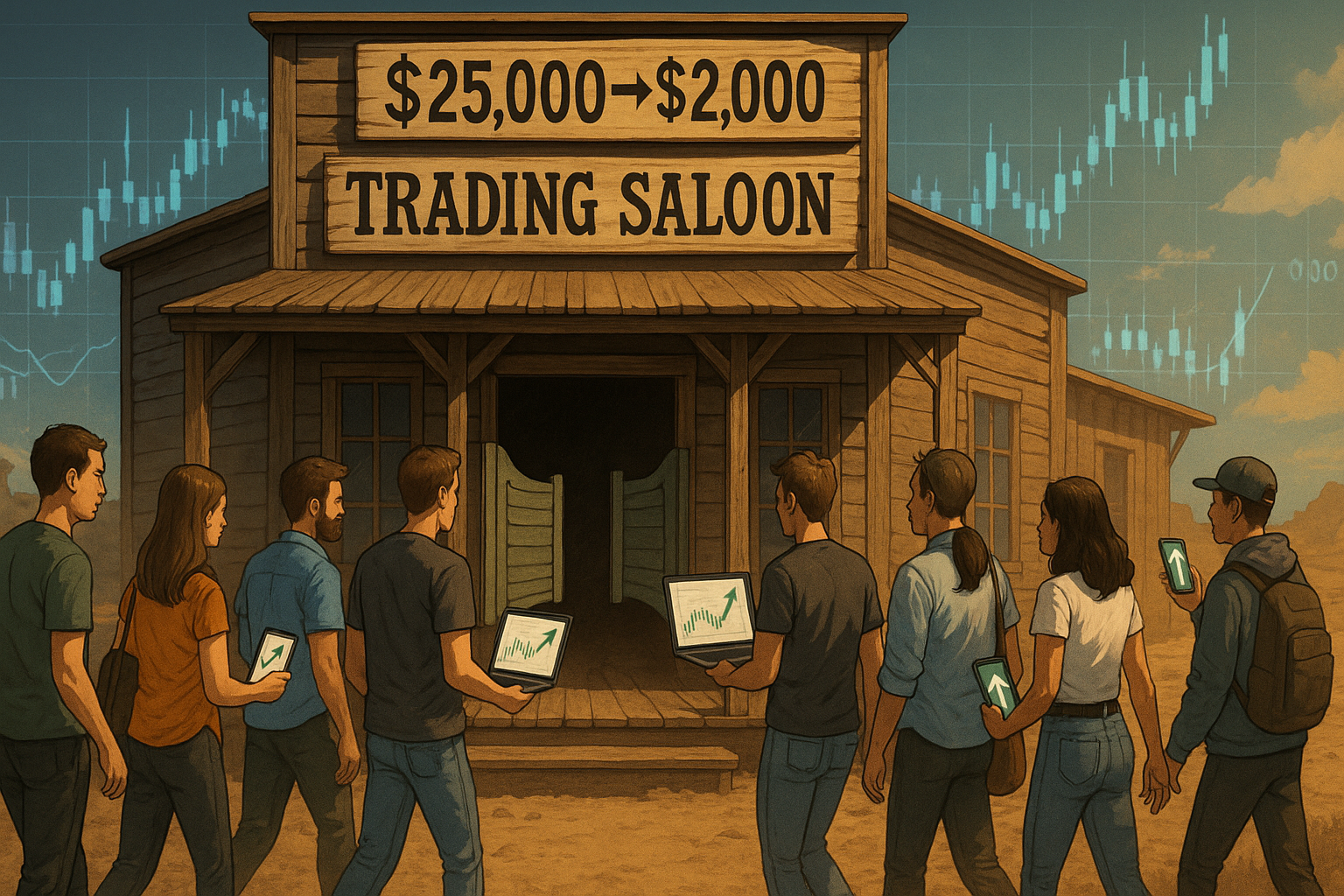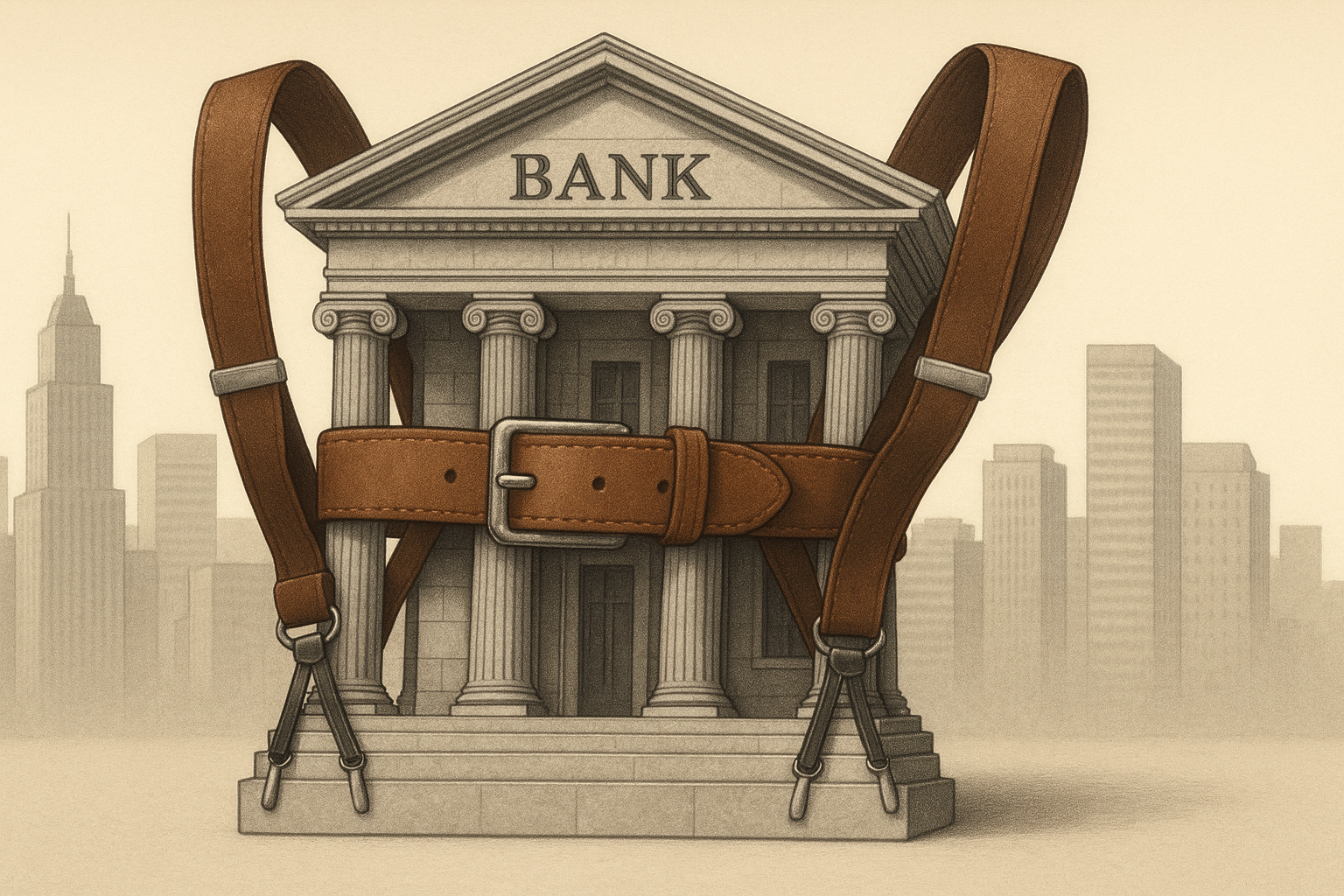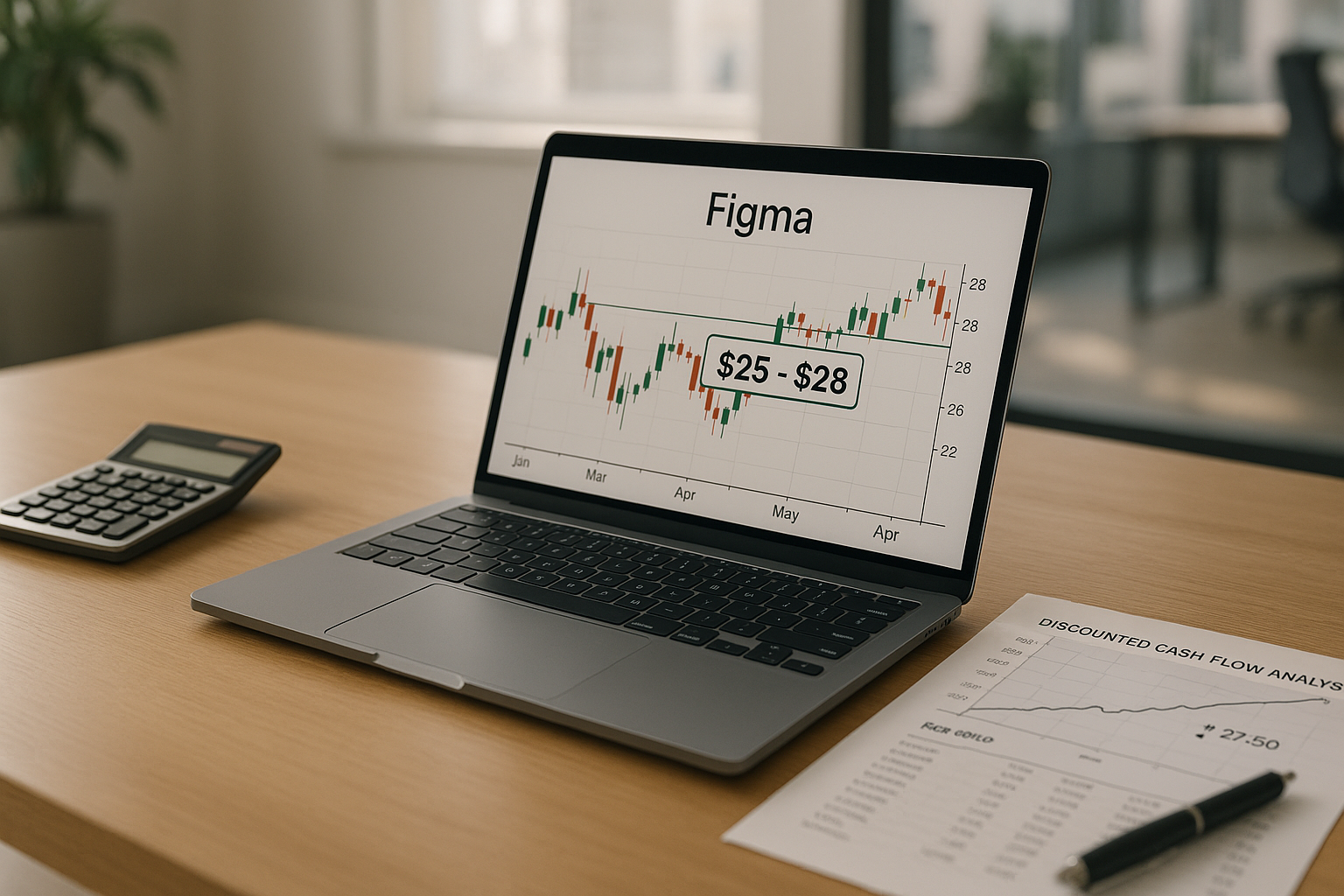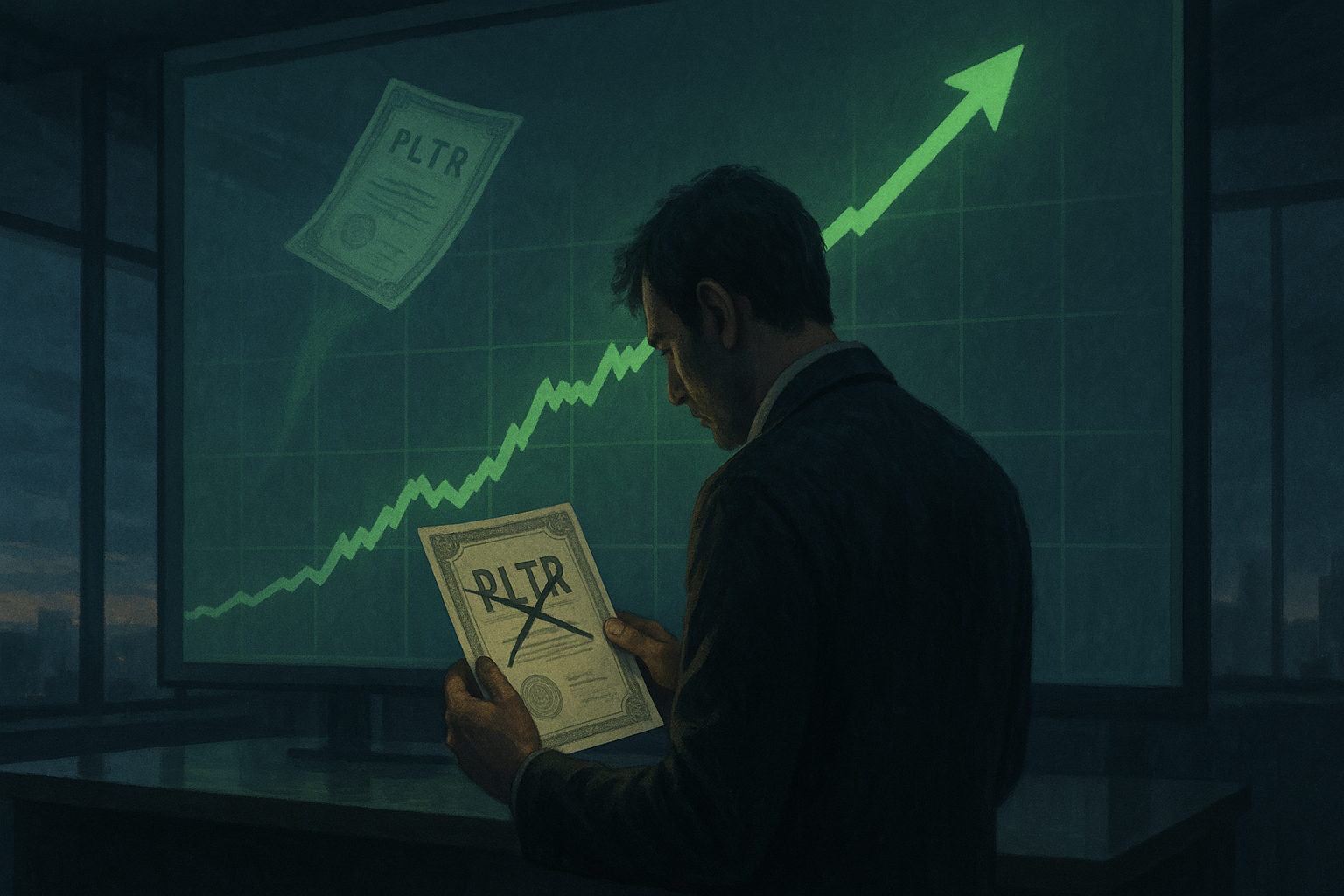The June jobs report landed Friday with a resounding "we're still here" message from an economy that simply refuses to roll over and die.
Look, 147,000 new jobs ain't exactly setting the world on fire. It's below the pre-pandemic trend. But against expectations of 110,000? It's a pleasant surprise—especially for an administration desperate for good economic news heading into election season.
What's fascinating (at least to economy nerds like me) is how this report fits into the larger narrative being constructed by various players. On one side, you've got former President Trump practically begging the Fed to slash rates because, according to him, the economy's basically on life support. On the other, you've got actual data showing... well, something quite different.
I've been tracking these monthly reports since the pandemic began, and if there's one thing I've learned, it's that labor markets are stubborn beasts. They're lagging indicators—by the time job numbers tank, you're already knee-deep in recession territory.
So what are we looking at here? A genuine economic soft landing (the unicorn of economic outcomes) or just the final decent numbers before things get ugly?
The tension between narrative and reality is what makes this moment so interesting. There's an entire ecosystem—politicians, market bears, cable news shouters—invested in the idea that economic disaster lurks around every corner. Catastrophe makes for better headlines than "things are basically fine, honestly."
But the actual data? It tells a different story.
Unemployment at 4.1% remains historically low. Wage growth has moderated but still outpaces inflation. And we're still adding jobs at what economists would call a "sustainable pace" (their favorite phrase when they don't want to commit to a stronger opinion).
Remember all that hand-wringing about a wage-price spiral last year? That nightmare scenario where wages chase prices chase wages until inflation spirals out of control? Yeah... didn't happen. Instead, we got this weird scenario where inflation cooled without massive job losses. The Phillips Curve theorists are still scratching their heads over that one.
I've been thinking about what I call the "narrative-reality gap." It's this space between what's actually happening in the economy and what people believe is happening. When those two diverge significantly—which they absolutely are right now—markets can behave in strange and unpredictable ways.
Take the Fed. They're staring at the same numbers we are. Powell and company have been signaling rate cuts for later this year, but data like this might give them pause. Cut too soon, risk reigniting inflation. Wait too long, risk unnecessary economic pain.
(And meanwhile, there's Trump on Truth Social practically demanding rate cuts—an interesting position for someone who constantly boasts about how amazing the economy was under his watch. If things were so great, why the urgent need for stimulus? But consistency isn't really the point in political messaging, is it?)
The old conventional wisdom says presidents shouldn't comment on Fed policy. Central bank independence and all that. But conventional wisdom hasn't exactly been batting a thousand lately.
If we zoom out—way out—what we're seeing is pretty remarkable. After a once-in-a-century pandemic, after inflation hitting 40-year highs, after the fastest rate hiking cycle in modern history... we're still adding jobs. The labor market has bent but not broken.
Which makes me wonder if maybe—just maybe—we've been thinking about this all wrong. Perhaps the pandemic economy wasn't as anomalous as we thought. Maybe the fundamentals were stronger than the doomsayers realized. Or maybe we're just delaying the inevitable pain.
I honestly don't know. But I do know that if you've been sitting on the sidelines waiting for economic collapse before making major financial decisions, you might be waiting a while longer.
And in a world where everyone's hunting for the next crisis, sometimes the most contrarian position is simply saying things are... fine. Not great, not terrible, just fine.
Which, given everything we've been through, seems pretty remarkable in itself.




